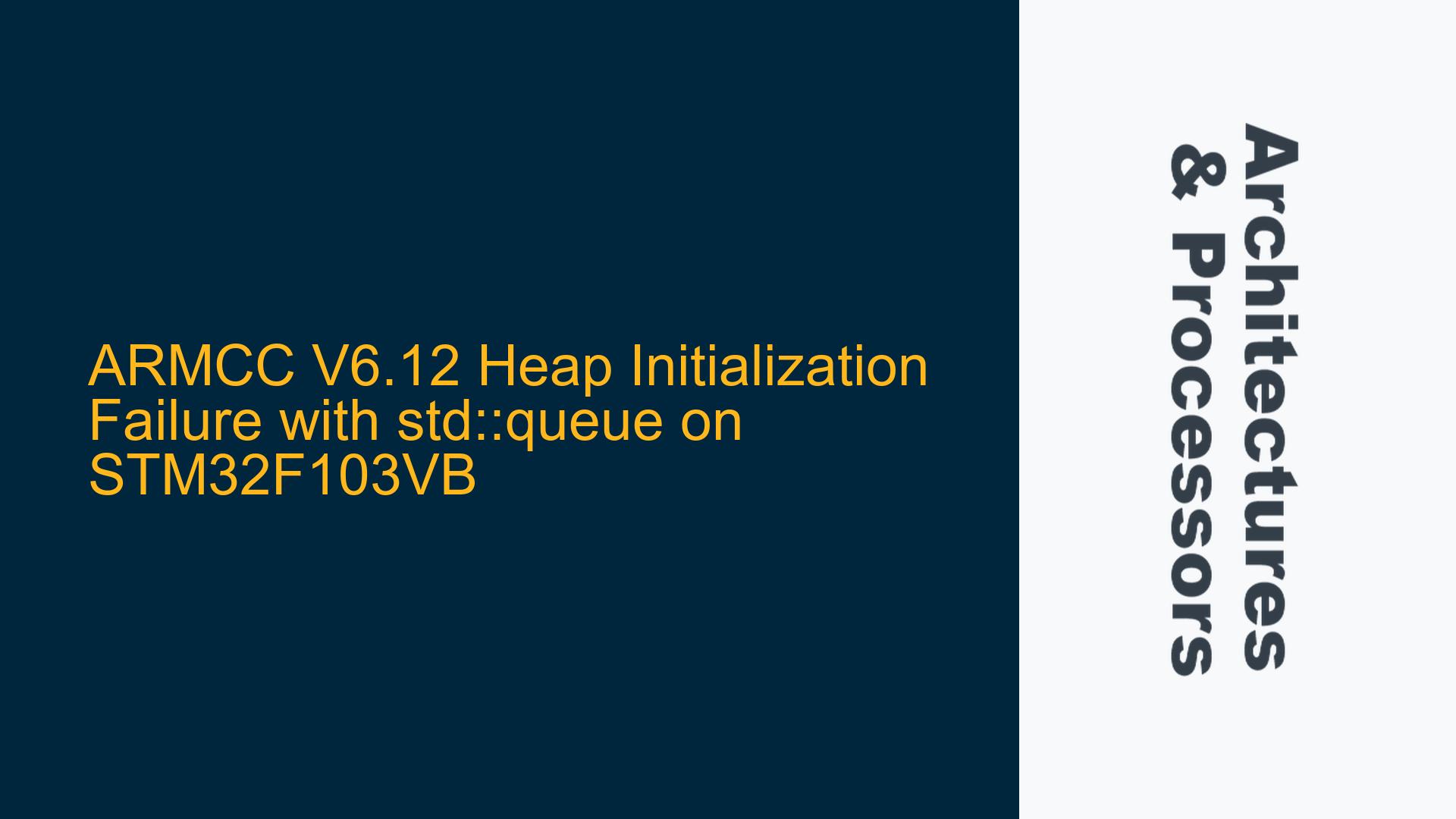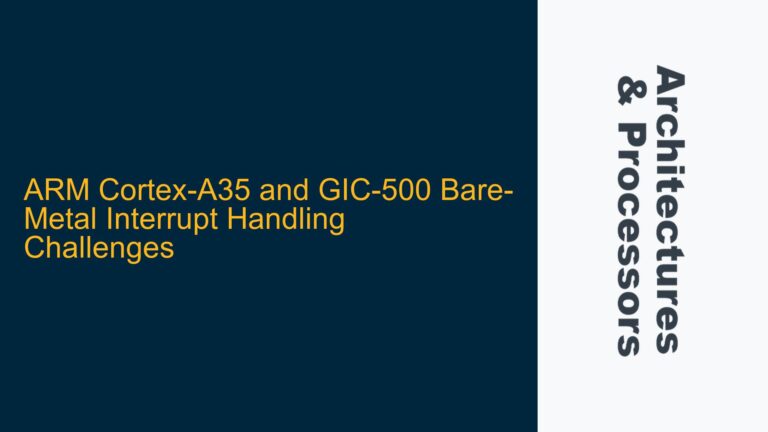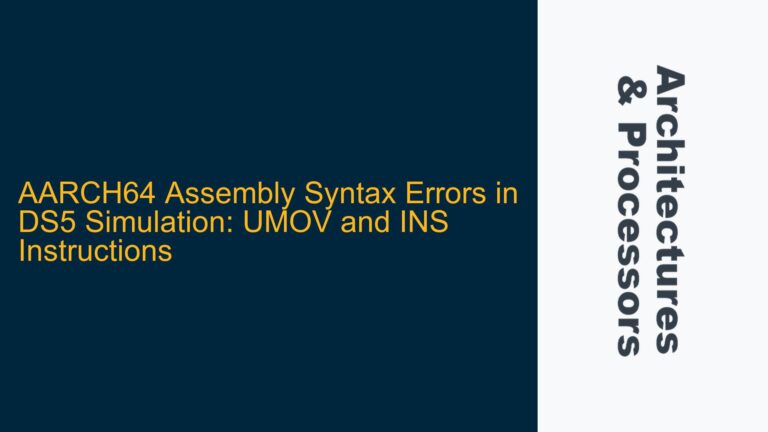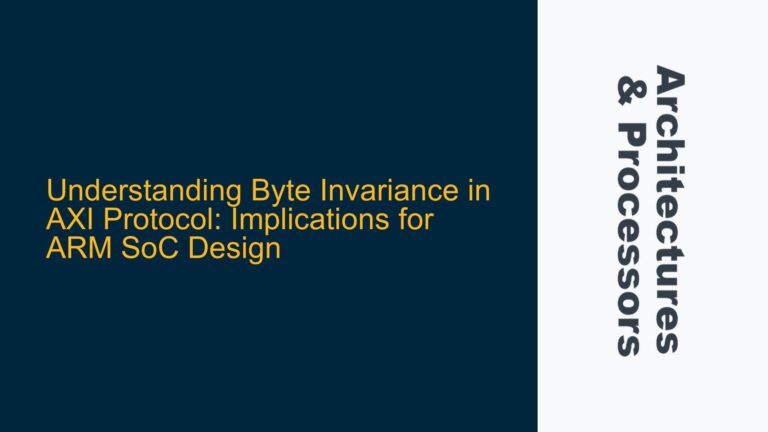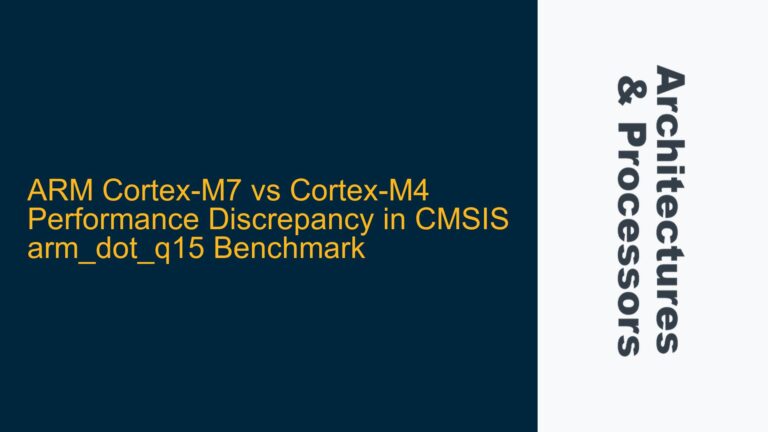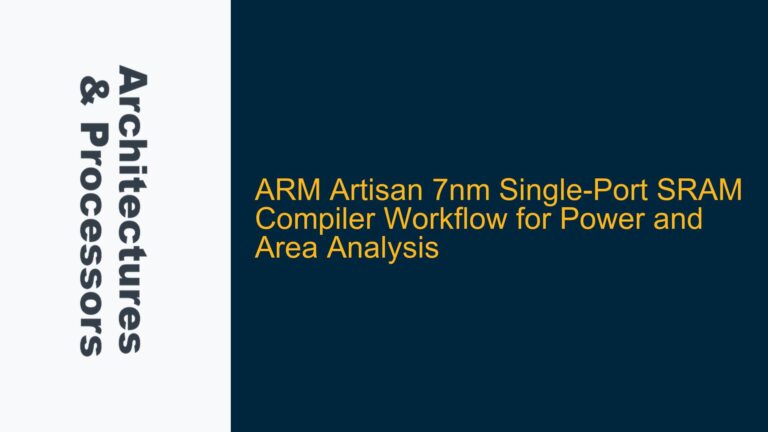ARM Cortex-M3 Heap Management and Runtime Environment Initialization
The core issue revolves around the failure of the ARMCC V6.12 compiler to properly initialize the heap when using the C++ Standard Library’s std::queue on an STM32F103VB microcontroller. The program terminates in the _sys_exit() function, indicating a critical failure in the runtime environment. This failure is often tied to improper heap initialization, which is essential for dynamic memory allocation required by std::queue.
The STM32F103VB microcontroller, based on the ARM Cortex-M3 architecture, relies on a well-configured runtime environment to manage dynamic memory allocation. The runtime environment includes the heap, stack, and other memory regions defined in the linker script. When using C++ features like std::queue, which internally uses dynamic memory allocation (e.g., malloc or new), the heap must be correctly initialized. Failure to do so results in undefined behavior, such as hard faults or infinite loops in _sys_exit().
The ARMCC compiler provides specific mechanisms for heap initialization, which are often overlooked when transitioning from simpler C-based projects to C++ projects that use the Standard Template Library (STL). The std::queue implementation relies on dynamic memory allocation, and if the heap is not properly set up, the program will fail when attempting to allocate memory for queue elements.
Missing Heap Initialization and Semihosting Configuration
The primary cause of the issue is the absence of proper heap initialization in the runtime environment. The ARMCC compiler requires explicit initialization of the heap, especially when using features like std::queue that depend on dynamic memory allocation. Additionally, the use of __use_no_semihosting indicates that semihosting features are disabled, which further complicates the runtime environment setup.
In the provided startup file, the heap is defined with a size of 0x400 bytes, but there is no explicit initialization of the heap management functions. The ARMCC runtime library expects the heap to be initialized before any dynamic memory allocation occurs. Without this initialization, calls to malloc or new will fail, leading to program termination.
The __use_no_semihosting directive is used to avoid semihosting, which is a mechanism that allows ARM targets to communicate with a host computer for I/O operations. While disabling semihosting is common in embedded systems to reduce overhead, it also removes certain runtime dependencies that the ARMCC compiler might rely on for heap management. This can lead to issues if the heap initialization is not handled explicitly in the application code.
Implementing Heap Initialization and Runtime Configuration
To resolve the issue, the heap must be explicitly initialized, and the runtime environment must be properly configured. This involves modifying the startup code to include heap initialization and ensuring that the ARMCC runtime library is correctly set up for dynamic memory allocation.
Step 1: Modify the Startup File for Heap Initialization
The startup file must be updated to include heap initialization code. This can be done by adding a call to __heap_initialize or a similar function provided by the ARMCC runtime library. The following code snippet demonstrates how to modify the startup file:
; Startup file modifications for heap initialization
Reset_Handler PROC
EXPORT Reset_Handler [WEAK]
IMPORT __main
IMPORT __heap_initialize
LDR R0, =__heap_initialize
BLX R0
LDR R0, =__main
BX R0
ENDP
This modification ensures that the heap is initialized before the main function is called, allowing std::queue to allocate memory without issues.
Step 2: Configure the Linker Script for Heap and Stack
The linker script must be reviewed to ensure that the heap and stack are correctly defined and aligned. The following linker script configuration is recommended:
LR_IROM1 0x08000000 0x00020000 { ; load region size_region
ER_IROM1 0x08000000 0x00020000 {
*.o (RESET, +First)
*(InRoot$$Sections)
.ANY (+RO)
.ANY (+XO)
}
RW_IRAM1 0x20000000 0x00002800{ ; RW data
.ANY (+RW +ZI)
}
; Define heap and stack regions
Heap_Size EQU 0x00000400
Stack_Size EQU 0x00000400
AREA HEAP, NOINIT, READWRITE, ALIGN=3
__heap_base
Heap_Mem SPACE Heap_Size
__heap_limit
AREA STACK, NOINIT, READWRITE, ALIGN=3
Stack_Mem SPACE Stack_Size
__initial_sp
}
This configuration ensures that the heap and stack are properly aligned and have sufficient space for dynamic memory allocation.
Step 3: Verify Runtime Library Configuration
Ensure that the ARMCC runtime library is correctly configured for the target environment. This includes verifying that the correct library variants are linked and that any required runtime initialization functions are called. The following compiler flags are recommended for ARMCC V6.12:
--cpu Cortex-M3
--library_type=microlib
--no_semihosting
These flags ensure that the compiler uses the appropriate runtime library for the Cortex-M3 architecture and disables semihosting, which is not required in this context.
Step 4: Test the Application with Heap Initialization
After implementing the above changes, recompile and test the application to verify that the heap is correctly initialized and that std::queue functions as expected. The following test code can be used to validate the heap initialization:
#include <queue>
std::queue<int> Q;
int main() {
int i = 1213;
Q.push(i);
while (!Q.empty()) {
int value = Q.front();
Q.pop();
}
return 0;
}
If the program runs without entering _sys_exit() or triggering a hard fault, the heap initialization is successful.
Step 5: Debugging and Troubleshooting
If the issue persists, use a debugger to step through the startup code and verify that the heap initialization function is called before any dynamic memory allocation. Check the values of the heap base and limit registers to ensure they are correctly set. Additionally, review the linker map file to confirm that the heap and stack regions are correctly allocated.
By following these steps, the issue with std::queue and heap initialization on the STM32F103VB microcontroller using ARMCC V6.12 can be resolved, ensuring reliable dynamic memory allocation and proper functioning of C++ STL features.
